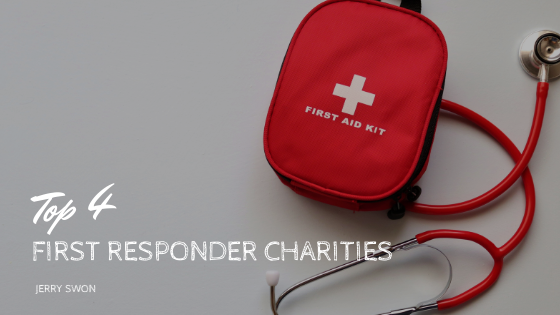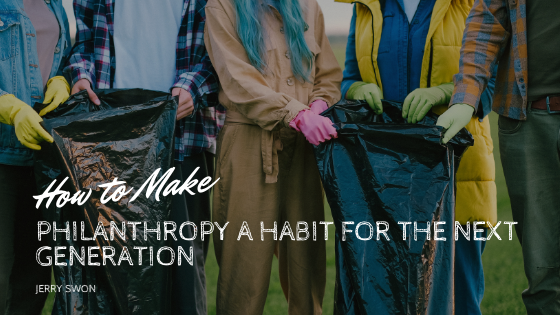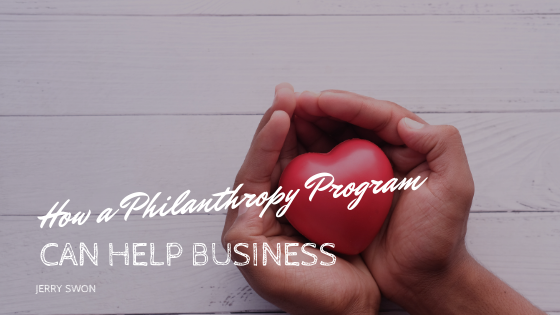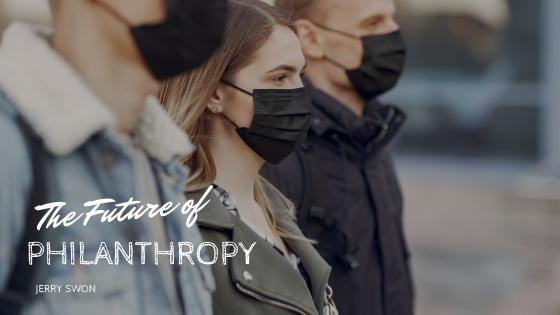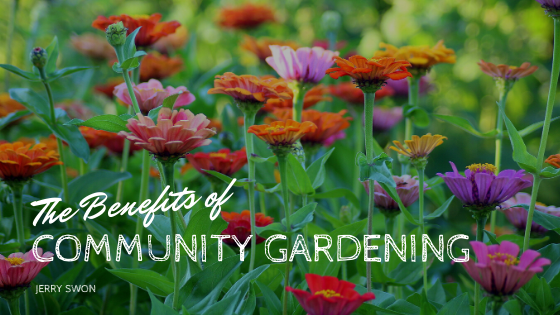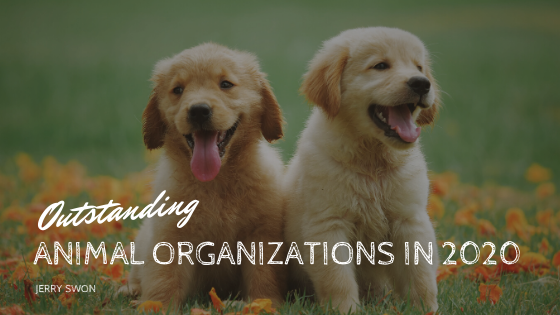Knowing which charity to donate to in response to a tragedy is always difficult. After all, the needs of these organizations are often different, and it can be hard to figure out what will make the most impact on your donation. But if you want your donations to go towards first responders, some excellent choices should be considered on this list of top 4 first responder charities.
1) The Red Cross
The American National Red Cross is the perfect place to donate if your money goes directly towards relief efforts. They are already on-site in disaster areas and have a long history of providing medical care for people who need it most, including first responders. In addition, they have a special fund to help first responders who need support in the wake of national disasters.
The Red Cross is also one of the most efficient organizations when it comes to their finances and spending, which means that you can be sure your donation will go towards helping others as quickly as possible. While their services are available for anyone affected by the tragedy, you can be sure that your donation will go towards helping first responders.
2) The National Police Defense Foundation
The mission of the NPDF is to provide support for police officers working in dangerous conditions, including during natural disasters. They pay out all their costs through donations, so you can be sure that your donation will go towards helping these first responders.
3) The National Fallen Firefighters Foundation
This foundation exists to honor the bravery and sacrifice of all firefighters who have lost their lives in service. They offer financial support, scholarships, and training for those affected by the tragedy, as well as a scholarship fund available exclusively to first responders looking to make a career change or re-enter the workforce after an injury has pushed them out of their previous career.
4) The EOD Warrior Foundation
Support the brave men and women who work as Explosive Ordinance Disposal (EOD) officers. This charity works to support those affected by PTSD, traumatic brain injuries, and other psychological trauma related to their line of work. They also provide financial assistance for immediate family members of first responders killed in action or severely injured.
The EOD Warrior Foundation also works to provide support for those injured in the line of duty and need a new start. They offer scholarships, loans, job training programs, and an employment service that pairs wounded vets with companies hiring veterans. This foundation is one of the best places to donate if you want your money to go directly towards helping first responders.

